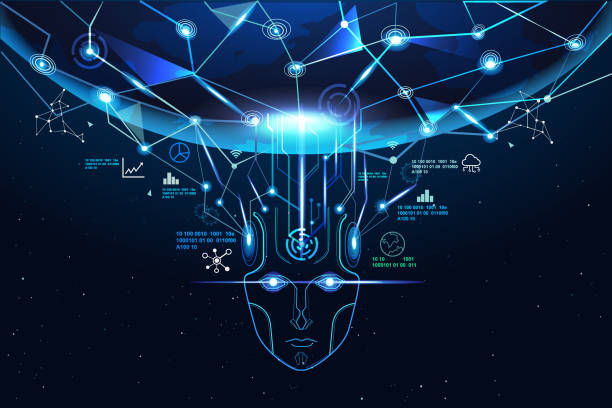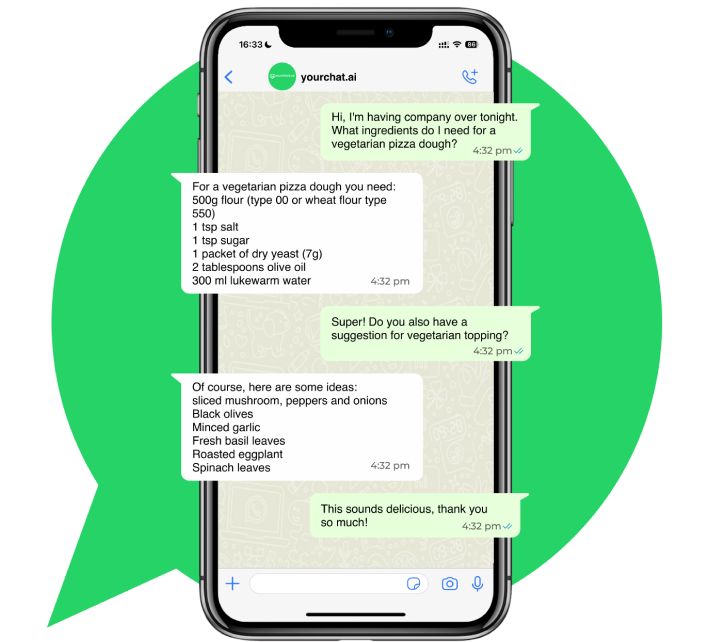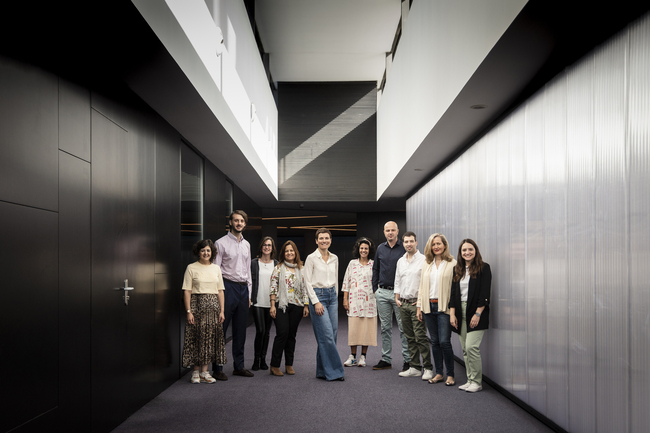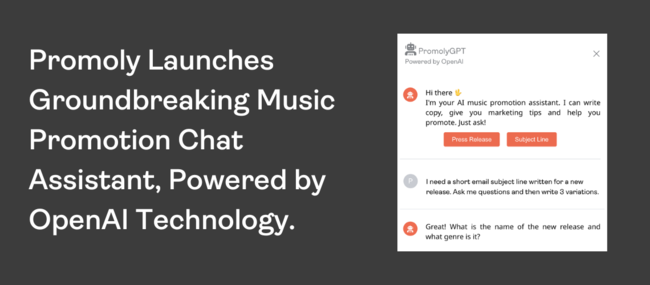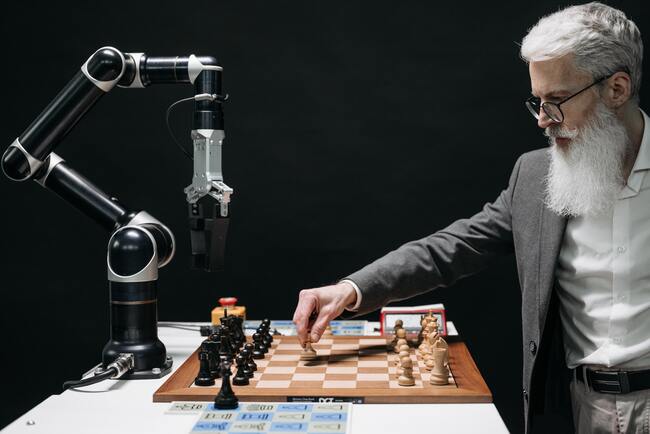While there has been a lot of discussion around artificial intelligence (AI) in the last year or so, it still hasn’t greatly affected the daily lives of the majority of people. What are some of the current projects that could change this and make AI a bigger part of our lifestyles?
Playing Casino Games
Casino slots have been changed recently thanks to new technology. The latest releases on the online casino at Paddy Power include Eagle of Wealth and Squid Game, where interesting bonus features are added to the basic gameplay. Free spins and jackpot prizes are amongst the most commonly used bonuses that can be randomly triggered in these games. Could AI be the next big move that makes these games more immersive and personalised?
The introduction of AI technology may help developers continue to explore new themes while allowing players to adapt the layout or features. It’s becoming easier to imagine a future in which each casino game we play is individually created based on aspects such as our tastes, skill level and feedback. Added to the use of augmented reality and virtual reality, this should mean a new era for this genre.
Searching for Answers on Google
Following its launch in 1998, Google quickly became the most popular internet search engine. It soon became so widely used that people started to use ‘google’ as a verb when searching online for information and it was named as 2002’s most useful word by the American Dialect Society. The Google Guys by Richard L. Brandt is an informative book from 2011 about how Larry Page and Sergey Brin made this search engine the industry leader by keeping things simple
Part of their success has been in adapting to the changing world around us and making sure that Google brings back the most accurate results every time. Recent news reports suggest that Google may add AI searches as a premium level of service. With an estimated six million searches carried out every minute in early 2024, this move would be about protecting their number one position in the industry while potentially creating a new revenue channel and helping users refine their searches.
Creating Spotify Playlists
Music streaming services like Spotify have introduced a new way of listening to songs and podcasts. At the time of writing, Spotify has over 230 million subscribers amongst its 600 million+ user base. Part of the reason for its success is the algorithm that sits at the heart of the service. Spotify currently uses AI to help users find new songs that they’re likely to enjoy as effortlessly as possible.
The latest news from Spotify takes their use of the latest technology a step further by giving listeners the chance to use AI to create playlists based on written prompts. It’s initially being rolled out as a beta model for mobile devices for British and Australian users and has been designed to let users type in a wide range of requests that lead to them discovering new tracks.

Making the Public Services in Our Cities Easier to Use
The Indian state of Uttar Pradesh could be the site of the world’s first AI city, with plans announced to create a modern city in Lucknow. But when will the majority of our cities use AI? A poll carried out in 2023 by Bloomberg Philanthropies led to a report called State of Cities: Generative AI in Local Governments. In it, they reveal that 96% of city mayors around the world are interested in using AI to improve their cities. However, only 2% of the cities included in the report are currently using it.
Looking more closely at the details, we can see that 69% of the cities are currently testing or in some way exploring AI. 22% of them have got a Gen AI lead in position while 13% of them have created guidelines and policies about their use of the technology. All of this means that city services such as public transportation are likely to be affected by the move towards AI in the near future.
These developing areas show us the different ways that AI will soon affect our lives. The changes won’t always be noticeable at first sight but it seems certain that more parts of our lifestyle will be powered by AI in the next few years.
Artificial Intelligence – Resembling Hum” (CC BY-SA 2.0) by deepakiqlect

